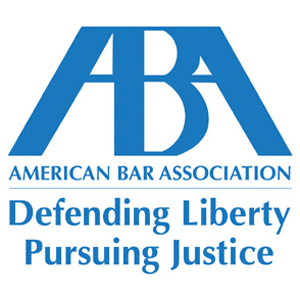Our firm frequently comes into contact with prospective clients who want to know why they should pay attorneys’ fees for an Estate Plan when they can produce “the same product,” for a fraction of the cost, by filling out a form online. Unfortunately, the pitfalls of being a DIY Estate Plan owner are common, as evidenced by a story in this month’s ABA Journal.
In the article, Ann Aldrich used an “E-Z Form” to create a will which left all of her property to her sister, and then to her brother if her sister had already passed away. It seems simple enough, doesn’t it? The client had simple wishes—why should she pay an attorney to memorialize something that only amounts to two lines of text? The answer is that even if the wishes are simple, drafting a document to ensure those wishes are followed can be complex.
Ms. Aldrich didn’t know that a will should include a residuary clause, which directs how assets not specifically named in the will should be handled. Because the E-Z Form that Ms. Aldrich used did not contain this clause, a considerable amount of property was subject to disposition by the provisions of the law: not Ms. Aldrich’s wishes. When property isn’t mentioned in a will, it is disposed of according to the legal rules of intestacy applicable to that state, treating it as if Ms. Aldrich didn’t have a will at all when it comes to that property.
The end result of this oversight was that the daughters of one of Ms. Aldrich’s brothers (who was long dead by the time of her passing), received sums of money in an investment account that was opened after she drafted her will—even though there was no evidence that this is what she would have wanted! Justice Barbara Pariente, who ruled on this case, said it best: “While I appreciate that there are many individuals in this state who might have difficulty affording a lawyer, this case does remind me of the old adage ‘penny-wise and pound-foolish.’” There was no reason for the parties to spend money battling it out in court, eventually arriving at an outcome that wasn’t intended by Ms. Aldrich in the first place.
If she had consulted an attorney when drafting her documents, she and her chosen heirs could have saved legal fees, avoided stress in court, and ensured distribution of property to the appropriate parties.
Ms. Aldrich’s story is only one example of why an experienced Estate Planning attorney is necessary when composing any kind of plan—the knowledge and support of a good lawyer might be more expensive than doing it yourself in the short term, but is well worth the expense in the long run.
Source Article:

